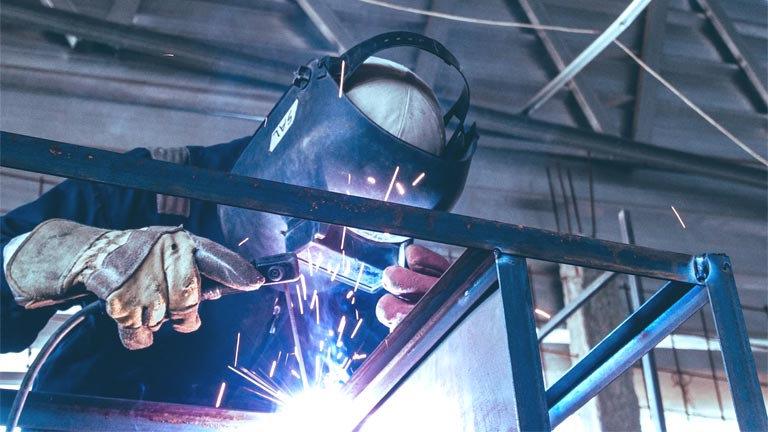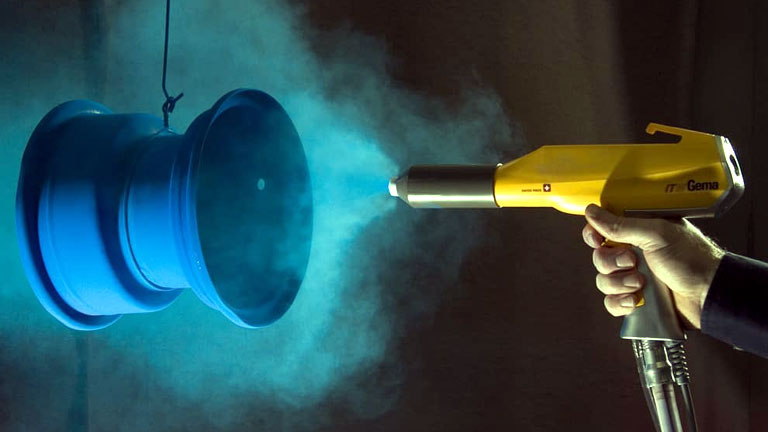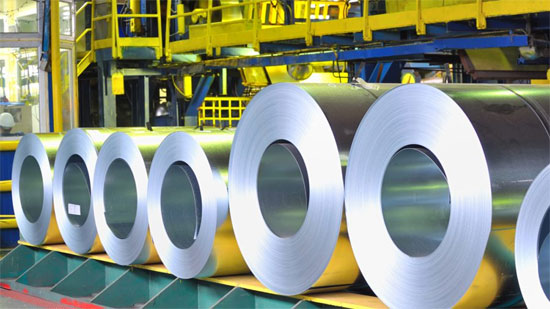
Technology has made manufacturing and fabrication work easy and speedy. The work that took a lot of time and effort in the past, now that work can be done in very little time. You can use different kinds of metals as per your application requirement. Custom metalwork is the process of creating metal objects to a specific customer’s requirements. This can involve a variety of different processes, depending on the desired outcome.
Custom metal work is the process of creating metal parts or products using various techniques such as casting, forging, fabrication, machining, and coating. Custom metalwork can be used for a variety of purposes, such as architectural design, custom machinery, industrial equipment, robotic kits, and artistic expression.
Process of Custom Metal Fabrication
The custom metalwork process can be complex and time-consuming, but it can also be very rewarding. You can ensure that your custom metal object is created to your exact specifications. The following is a step-by-step guide to the custom metalwork process:
Design
The first step is to create a design for the metal object. This can be done by the customer, a designer, or a combination of both. The design should include all of the necessary dimensions, as well as any specific details about the desired finish.
Materials
The next step is to select the appropriate materials for the metal object. The type of metal will depend on the desired strength, durability, and appearance. Other materials that may be used include wood, plastic, or glass.
Casting
Casting is a metalworking process that creates a metal part by pouring molten metal into a mold. Pouring molten metal into a mold or die and letting it cool and harden into the desired shape.
Cutting
Splitting sheets of metal into halves, thirds, or smaller sections using lasers, plasma torches, or other machinery.
Folding and Bending
Folding is a metalworking process that bends a sheet of metal into a desired shape. Manipulating a metal surface to shape at a certain angle, such as 90 degrees or less. You can transform the metal into a U or V shape or create channels.
Welding
Welding is a metalworking process that combines two different pieces of metal together by heating and melting them and fusing them together.
Drilling
Drilling is a metalworking process that uses a rotating cutting tool to create a hole in the metal using a drill bit.
Assembly
Assembly is the process of connecting two or more components to complete a component using a variety of methods, such as welding, riveting, and bolting.
Custom Finishing
The finishing process is where the metal object is given its final appearance. Applying various finishing or painting techniques to complete the component. This may involve painting, polishing, or other techniques.
Punching and Finishing
The last step, adding decorative features, lebels, and a logo with a punch to the metal. The final step is to deliver the metal object to the customer.
Custom metal fabrication requires skilled workers and specialized equipment to produce high-quality and precise products. There are many talented custom metal work sydney who can create custom pieces to your exact specifications. A different approach and skills are required for each type of application.




